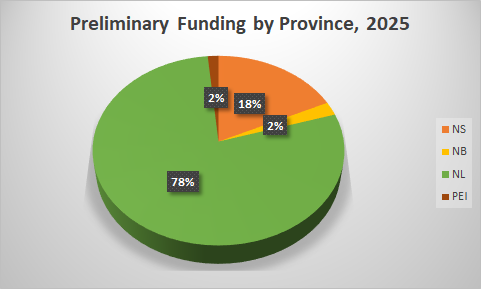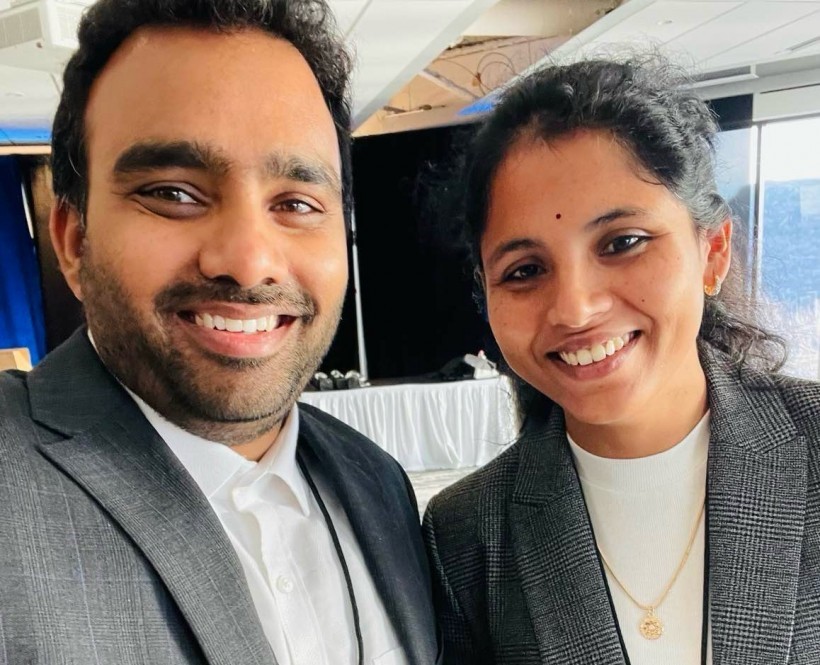Two Atlantic Canadian companies have been recognized for developing advanced technologies to improve naval operations through the 2025 Naval Technology Innovation Challenge.
Supported by the Dartmouth-based COVE, Thales Canada, and the Atlantic Canada Opportunities Agency, the annual program funds and supports small and medium-sized enterprises creating new technologies for the Royal Canadian Navy.
MarineNav of Panmure Island, PEI, and Dartmouth-based Precise Design Engineering Solutions were selected for projects that enhance fleet readiness, safety, and efficiency, said ACOA in a press release. Each of the companies will receive $187,500.
“COVE is helping SMEs turn innovative ideas into operational capability,” said COVE Chief Executive Melanie Nadeau in a statement. “These collaborations deliver practical solutions that enhance fleet readiness, reduce risk, and position Canada at the forefront of maritime innovation.”
MarineNav partnered with Ontario-based Voyis to advance automated hull inspections using its autonomous remotely operated vehicle, Mobula. The system replaces traditional inertial navigation with visual reference markers, allowing precise flight paths along ship hulls while maintaining safe distances from sensitive areas such as propellers, the release said. The approach produces highly detailed, millimetre-accurate 3D hull models. All positioning technology development is taking place on Prince Edward Island.
Precise Design, working with Tronos and the Nova Scotia Community College’s SEATAC facility, is introducing aerospace-grade additive manufacturing techniques to naval applications. The project focuses on reducing long lead times and supply chain bottlenecks by integrating computer-aided design, material traceability, workflow optimization, and quality inspection. The result is a process for rapidly producing certified, high-precision parts to support ships operating in remote or time-sensitive conditions.
The Naval Technology Innovation Challenge is part of a broader effort to foster collaboration between Canada’s naval sector and its innovation community, ensuring the country’s fleet remains ready for future challenges.
“Our work, along with our partners who we are collaborating with on this project, will demonstrate how additive manufacturing can address some of the Navy’s most pressing sustainment challenges,” said Precise Design President and CEO Bruce Stover. “Our intention is to create a framework that includes and establishes a system of processes and procedures, which eliminates the uncertainty associated with replacing critical components.”









